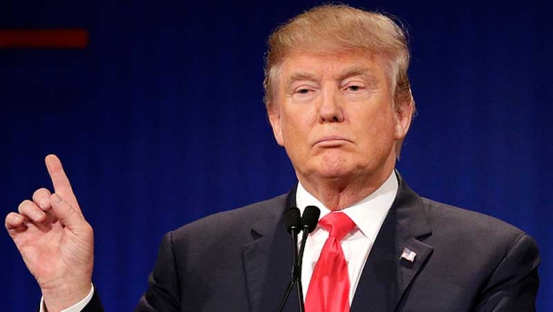×
The Standard e-Paper
Fearless, Trusted News

Shakespeare's famous words, with regard to a specific month were: "Beware the ides of March," muttered by a soothsayer to the soon-to-be ex-Roman emperor in the famous play, Julius Caesar.
The ominous implication of his words found a tragic meaning on March 28, 2017, as President Donald Trump signed a sweeping executive order at the Environmental Protection Agency, which he believes had stifled American coal industries and had created a stumbling block to job creation.